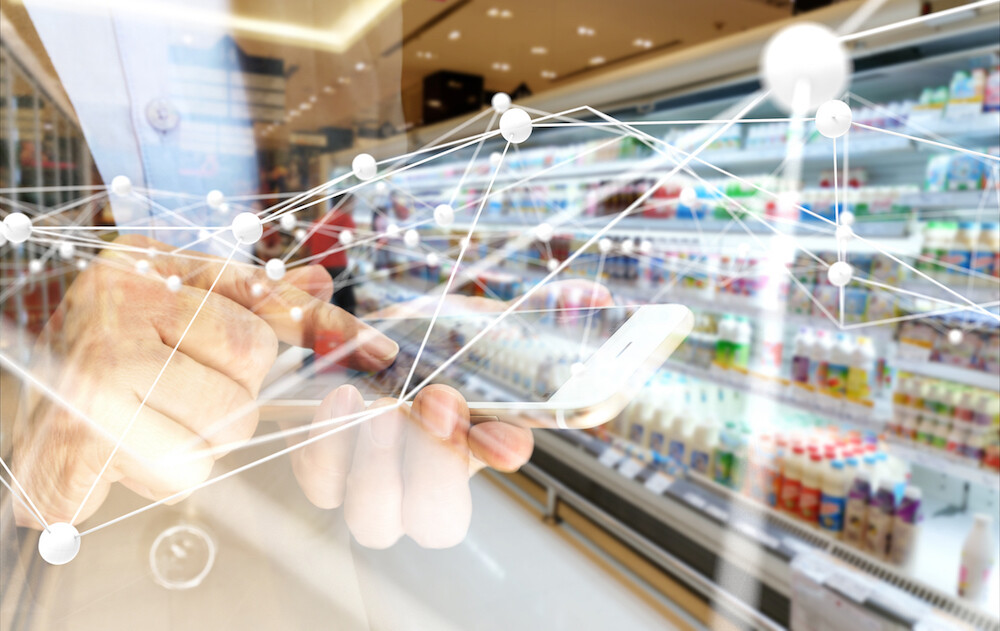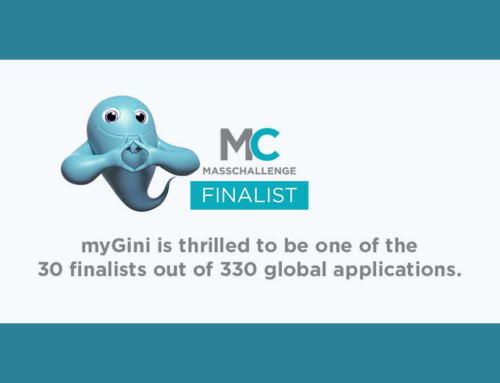
No personalization, no loyalty: Get ready for the era of AI-driven retail apps
As brick-and-mortar retailers get ready to battle for increased end of year foot traffic and sales, there is good news for them. Gen Z, the first truly digitally native generation,will be strolling through the malls rather than buying online this holiday shopping season. But that doesn’t mean they won’t use their smartphones! To capture their loyalty beyond the new year, retailers must improve their recommendations to be more personalized and relevant at all times. Mehmet Sezgin, CEO & Founder of myGini explains why AI-driven services hold the answer.
Two in five consumerswould pay more for personalized experiences, but most shoppers are dissatisfied with the level of personalization offered by physical stores. They are not alone – the same research shows even retailers agree that they lack the tools to make this a reality. Artificial Intelligence (AI) promises to change this through the personalization of loyalty offers.
AI is not the sole province of online retailers
Using AI tools to predict consumer trends is not a brand-new concept for consumer-facing businesses. Amazon and Netflix are prime examples of exploiting the value of AI in the shopping experience. Their recommendation engines gauge what product or movie consumers will like even before individuals set eyes on it. Platforms such as these have developed AI algorithms not only to leverage prior shopping behavior to predict what its users will like but also to suggest when they might need it.
Does this mean AI is solely the province of online-only brands and they have the upper hand when it comes to personalization? Not at all! 85% of retail salesare still made in brick-and-mortar locations today and these online giants are catching on to the potential of using AI in retail stores – look no further than Amazon Go stores! As AI makes its way to malls and shopping streets, retailers need to be savvy and leverage the technology where it can have the biggest impact – on customer loyalty.
Personalizing rewards – AI can keep the process dynamic
Retail loyalty programs are a major hit with shoppers and are long-overdue to get a technology revamp. Moving to an AI-driven platform could enable retailers to tailor loyalty programs to offer rewards and discounts based on real-time shopper behavior, purchase history and location among other parameters.
AI is particularly useful for keeping loyalty programs dynamic. Just as watching a horror movie on Halloween should not indicate that a customer only likes horror movies on Netflix, people won’t always want and search for the same type of rewards. Their expectations will change as their lives go on. A birthday will be different than a Christmas Eve, and a wedding anniversary will not be the same as a typical Friday night out. Personalization needs to continuously adjust to individuals’ changing needs – so retailers’ loyalty programs must be dynamic too.
For AI to keep this process seamless, it needs to be front and center in the customer experience. And since 97% of consumerslook for deals when they shop, retailers’ mobile apps provide the natural place for AI to operate and impact shopper behavior.
Integrate AI into the mobile experience – enter the dynamic loyalty engine
A mobile loyalty app is a great starting point for brick-and-mortar retailers, but AI-driven apps mean every customer engagement delivers endless opportunities for retailers to personalize and target their offers to be more relevant – and crucially, deliver these in real-time, before a purchasing decision is made.
Based on how well this works with the customer, the AI engine can analyze and design future promotions accordingly. This approach to mobile loyalty means retailers get a better understanding of their customers’ behavior and build the right offers and rewards programs to match exactly what they are looking for. Consistent, relevant, engaging and transparent – these are the characteristics of successful dynamic loyalty programs.
From the cloud to shoppers’ smartphones – no data scientists required
Retailers don’t need to hire data scientists to make AI-driven loyalty programs a reality. With a dynamic personalization engine that integrates into their existing loyalty apps, they can leverage cloud-based AI tools such as Microsoft Azure without extensive training or investment in additional infrastructure.
And fintechs can lend a hand
To further reduce the IT burden, retailers can also look to fintechs for help, as many already specialize in fine-tuning rewards programs for banks. Connecting this disparate shopping and payments experience is simple – by linking retailer loyalty offers to card transactions on the same mobile platform, retailers can widen their reach even to customers who have never shopped with them before. It is ‘big picture’ personalization, without the need to invest in expensive marketing campaigns, change existing POS systems, train cashiers to explain complicated loyalty programs to customers or negotiate reward programs with banks.
Changing the shopping experience from ‘looking for’ to ‘locking in’
Brick-and-mortar retailers don’t need customer-service robots or cashier-less checkout systems to integrate AI technology into their strategy and wow consumers. Consumers already carry their mobile phones everywhere and rely on it to inform their shopping decisions – AI can now add more value to this.
AI-driven loyalty apps can turn the mobile-assisted in-store shopping experience from ‘looking for deals’ to ‘locking in deals’ – giving app users personalized recommendations of the loyalty offers which will appeal to them the most at any given moment. As evolving shopping and payments technologies converge on the mobile app, AI will help retailers engage customers with more success and at more stages of the customer journey.





